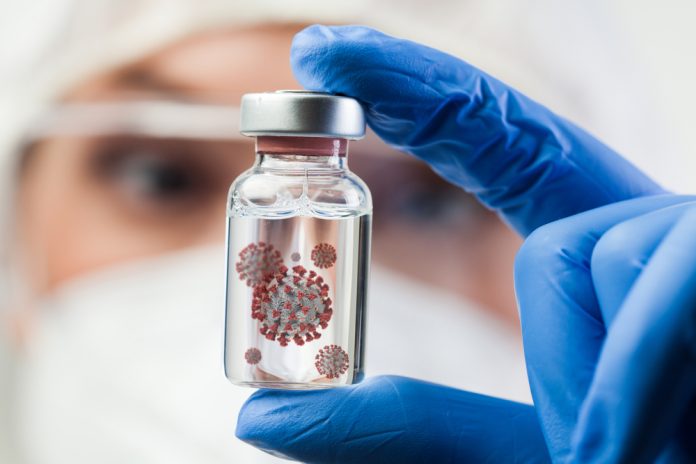Pfizer says a booster dose of its COVID-19 vaccine may offer important protection against the new Omicron variant even though the initial two doses appear significantly less effective.
Pfizer and its partner BioNTech said that while two doses may not be protective enough to prevent infection, lab tests showed a booster increased by 25-fold people’s levels of virus-fighting antibodies.
Blood samples taken a month after a booster showed people harboured levels of Omicron-neutralising antibodies that were similar to amounts proven protective against earlier variants after two doses.
Read the day’s top Sunshine Coast News stories sent direct to your inbox once daily. Simply go to SUBSCRIBE button at top of this article to register
Pfizer’s findings, announced in a press release, are preliminary and have not yet undergone scientific review.
But they are the first from a vaccine maker examining whether the booster doses that health authorities are urging people to get may indeed make an important difference.
Scientists have speculated that the high jump in antibodies that comes with a third dose of COVID-19 vaccines might be enough to counter any decrease in effectiveness.
Meanwhile the World Health Organisation says it is too early to say how well existing vaccines will protect against the Omicron coronavirus variant.
The WHO urged governments to reassess responses to COVID-19 and speed up vaccination programs to tackle Omicron.
The variant’s global spread suggests it could have a major impact on the COVID-19 pandemic, and the time to contain it is now before more Omicron patients are hospitalised, WHO director-general Tedros Adhanom Ghebreyesus said.
“We call on all countries to increase surveillance, testing and sequencing,” he told a media briefing.
“Any complacency now will cost lives.”
The WHO noted early evidence from BioNTech and Pfizer of the effectiveness of their vaccine against Omicron.
Warning against jumping to conclusions from the test, the WHO’s chief scientist said it was too soon to say whether the reduction in neutralising antibodies meant the shot was less effective.
“We do not know that,” Soumya Swaminathan told the briefing, adding that co-ordinated global research efforts were needed.
The WHO also said it would publish a review of its stance on booster doses within days but with vaccination rates worryingly low in much of the developing world, administering primary doses – rather than boosters – remained its priority.
“Wholesale boosters are not the solution,” Dr Swaminathan said.





